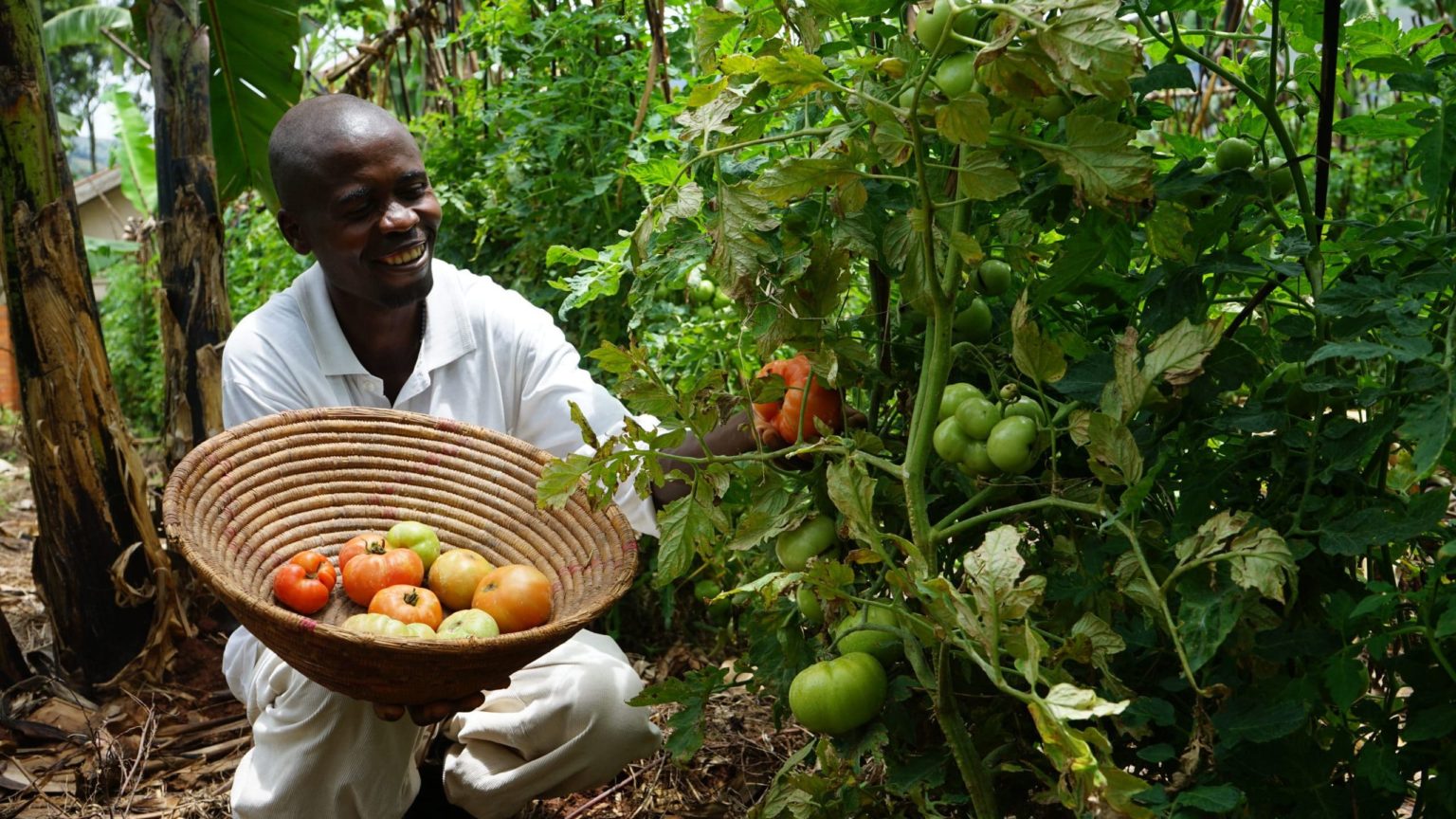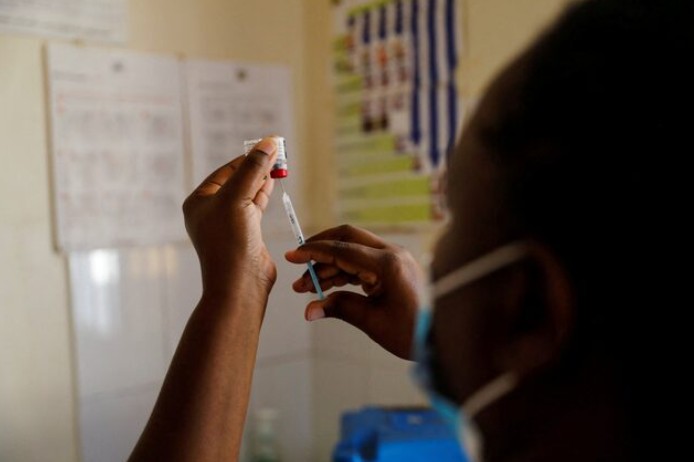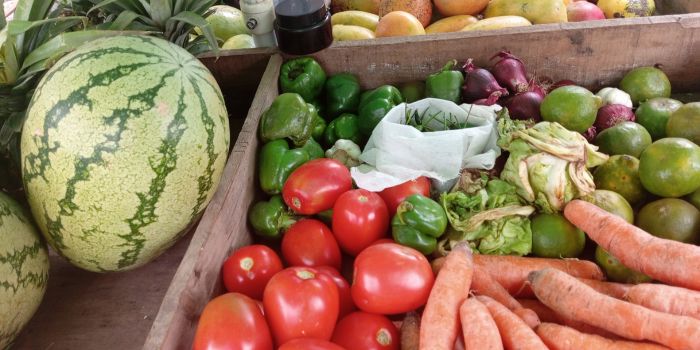Over 9,000 new pest species threaten Uganda’s food security, study warns

According to researchers, the invasive species could quietly establish themselves, spread unchecked and devastate crops before authorities are able to mount an effective response.
More than 9,000 pest species not previously documented in Uganda have been identified in a new study by the Centre for Agriculture and Bioscience International (CABI), raising alarm over the country's food security.
The study, dubbed An Assessment of Pest Risk Analysis in Uganda, recorded 9,537 pest species that had not been reported in the Yoweri Museveni-led nation before.
More To Read
- Over one billion Africans unable to afford healthy diet, UN report warns
- Uganda confirms deal to accept migrants deported from US
- 177 Ugandans pick nomination forms in bid to unseat Yoweri Museveni
- Uganda agrees to take migrants under US deportation deal
- 33 million women grow food on plots in Sub-Saharan Africa: Greener farming can boost their earnings – Study
- Solar-powered drip irrigation transforms farming in Kwale, ending food shortages
The list includes arthropods (357), bacteria (130), chromista (74) fungi (417), nematodes. (124), molluscs (19), protists (9), and viruses and viroids (387). Out of the total sum, 1,517 have been classified as invasive.
According to researchers, the invasive species could quietly establish themselves, spread unchecked and devastate crops before authorities are able to mount an effective response.
Agriculture contributes over 20 per cent to Uganda's GDP, and the discovery of the new pest species exposes a serious threat to the sector.
"The horizon scanning study identified high-risk invasive pests that could threaten agriculture, biodiversity, forestry, and livelihoods," said Lead author and senior scientist Joseph Mulema.
"This information is vital for risk monitoring and management and can be utilised by countries across the East African Region."
The report warns that existing pest surveillance and management systems in Uganda are inadequate, with limited diagnostic capacity, weak coordination between agencies and a narrow focus on already well-known pests.
Climate change further complicates the situation, as shifting rainfall patterns and rising temperatures create more favourable breeding conditions for invasive species.
According to the research, the risks are not confined to local food production in Uganda. A sudden outbreak could undermine the country's compliance with international standards, triggering export bans on commodities such as coffee, bananas, and horticultural products.
The study has since called for urgent investment in early warning systems, laboratory facilities, and training for agricultural officers, alongside stronger regional collaboration to improve cross-border monitoring.
It similarly stressed that prevention and timely detection are far less costly than the economic and food security losses that result once pests become established, citing the fall armyworm outbreak as an example of the high price of delayed action.
"The suggested actions aim to prevent the introduction, establishment, and spread of quarantine pests or to generate, through research, the information necessary to guide phytosanitary decisions," said Mulema.
Top Stories Today













































